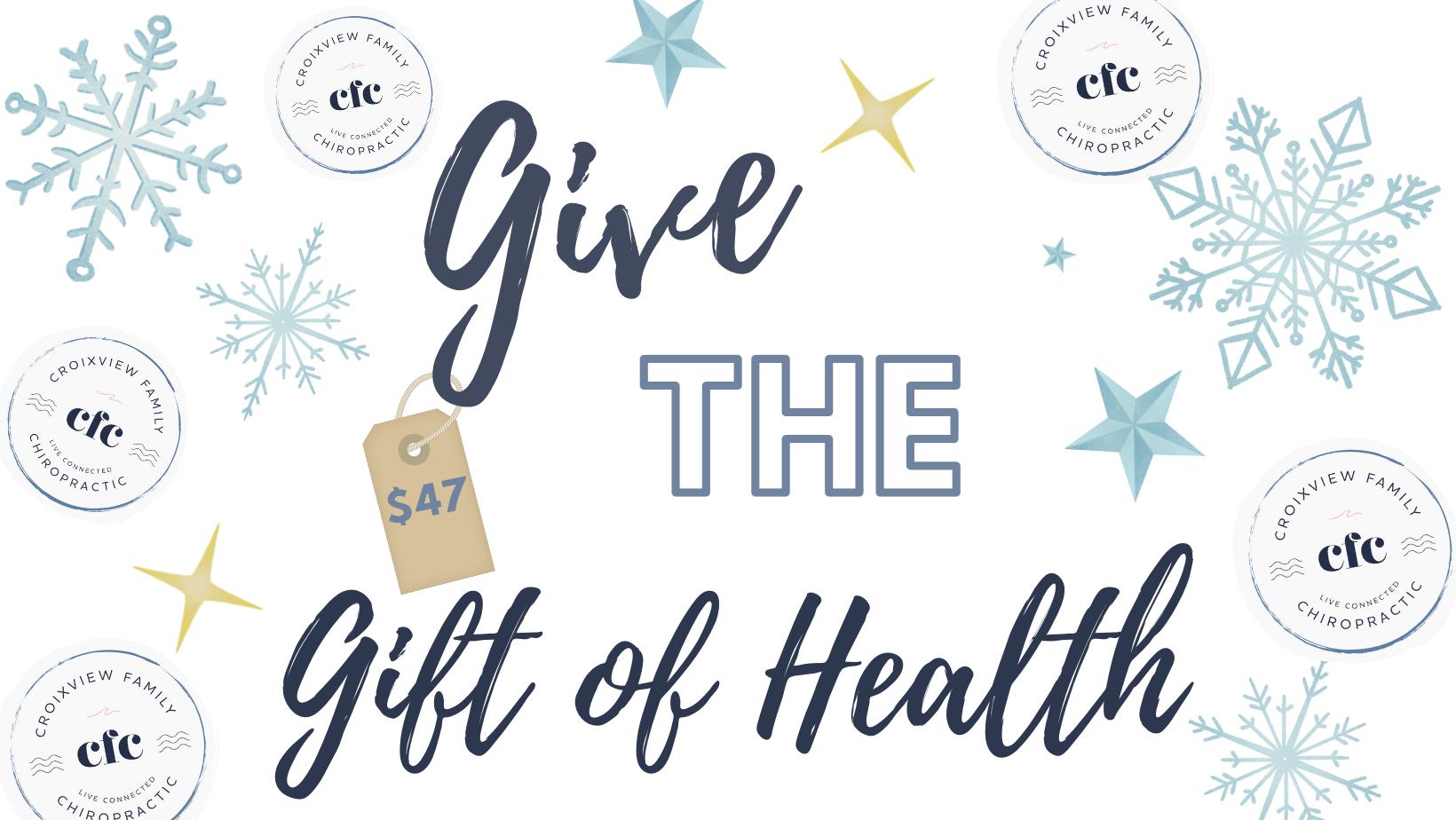
For those of us who live in the Midwest, after a long winter of hibernation we collectively can’t wait for spring. That means flowers blooming, green grass, wearing sandals, driving with the windows down and getting much needed vitamin D when the sun is shining. For those who suffer with seasonal allergies that also means pollen, dust, mold, insects, sneezing and hives. Let’s discuss some of the common spring allergies, what causes them and some ways you can combat them by keeping your nervous system strong.
The most common allergen in the spring which effects most people is pollen, usually from trees. Mold is second to that, though that can affect people all year round. Having this combination of allergies is usually termed hay fever. In the Midwest these allergens ramp up when things begin to thaw, generally sometime in March. As summer approach grass pollen becomes an issue. Ending the year with ragweed in the fall.
We will focus on spring allergies since that is the time of year we are currently in. When you have allergies to the pollen in trees the symptoms tend to be sneezing, congestion, and itchiness in the eyes, ears, nose and mouth. Generally, people who suffer from allergies get some relief when it rains or is cloudy because there is less wind to make the pollen airborne. Pollen counts tend to be highest in the morning from the hours of 5am-10am but tend to decrease in the evening. Mold allergies tend to have similar effects, but you may also experience watery eyes.
So, other than taking allergy medication how can these symptoms be decreased? Here are a few things you can try.
- Get your spine checked! The mid back region gets tight due to coughing. When muscles in that region get tight it compresses the nerve that go to the lungs which can make it even harder to breathe. Getting adjusted also helps boost the immune system which is important when dealing with allergies.
- Take a natural allergy supplement like D-histamine (which happens to be our supplement of the month). This is a supplement that has a unique combination of ingredients that aids with immune balancing, supports the sinuses, and clears nasal passages. By normalizing histamine in the body (what elevates in people who suffer from seasonal allergies) common allergy symptoms can dissipate.
- Use allergy filters on your air conditioners. On windy days avoid exposure by keeping windows closed.
- Diffuse essential oils in your home. Peppermint, basil and tea tree oil have an anti-inflammatory effect. Eucalyptus improves circulation and can open the lungs and sinuses. To help with drainage of the lymphatic system lemon oil can be helpful, it is also antibacterial.
- Wash clothes after being exposed to pollen, such as working in the garden or exercises outdoors. Take off outdoor wear as soon as you get outside and change into clean clothes.
- If you want to be outside, try avoiding the early morning hours and be active at night when the pollen counts tend to be lower.
- Eat an anti-inflammatory diet which includes lots of fiber, lots of vegetables including the green leafy kind, fruit with antioxidants, healthy oils, and fish. Avoiding things like transfats, simple carbohydrates, processed foods and sugars will also help to decrease inflammation (and is just a good idea for overall health).
- Eat raw local honey. The idea behind this is that by consuming honey from local bees you are getting exposed to small amount of pollen from your area because bees are responsible for a lot of pollination. Much like how allergy shots work by exposing you to small amounts of pollen your body gets less irritated over time. Bonus that you can support local business.
Try adding some, or all, of these suggestions into your routine when allergy season hits. You might be pleasantly surprised by the results. Comment below if you have any other tips to share with all of us to help battle the allergy season!



